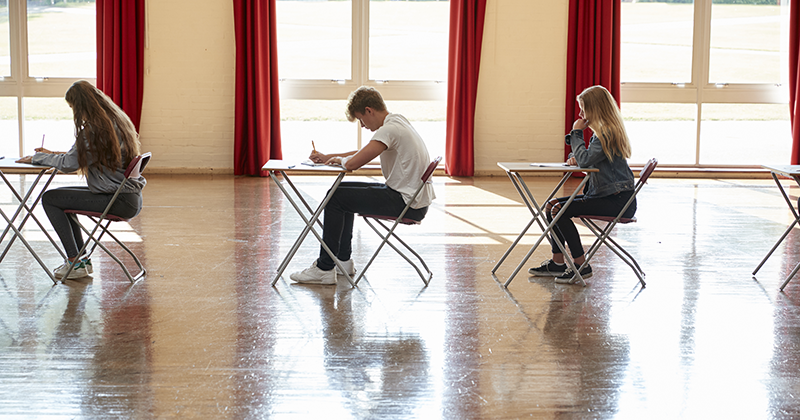Two in three special schools have lower funding in real-terms than they had in 2010, union data suggests.
The School Cuts campaign has published updated figures for special schools, suggesting 582 of 883 (66 per cent) of comparable settings have seen real-terms cuts to their budgets between 2010 and 2023.
Special schools saw their spending power diminish by £419 million between 2010 and 2023, the unions also warned.
The campaign is calling for a £12.2 billion in extra school funding from the next government – £3.2 billion to restore school budgets to 2010 levels, £4.4 billion to raise capital spending to required levels and £4.6 billion to resolve the crisis in SEND funding.
Set up in 2016 by the National Education Union and the ASCL and NAHT school leaders’ unions, School Cuts scored a significant victory at the 2017 election when polls suggested an estimated 750,000 people changed their vote because of concerns about school funding.
The campaign uses government data on the funding schools receive and then compares increases over time to inflation and the impact of policy changes.
The campaign was relaunched last year with a warning that 92 per cent of mainstream schools would be be “unable to cope” with cost increases in 2024-25.
They predicted 99 per cent of secondary schools and 91 per cent of primaries will have to “make cuts to survive”.
The crisis in SEND funding is one of several serious challenges faced by any incoming government after the July 4 election.
Schools Week revealed today how more than a third of councils with “safety-valve” deals to plug high-needs deficits face bankruptcy, despite being set to receive more than £1 billion in government bailouts before the end of the decade.
Neither of the main parties has made a commitment to raise school funding or bail out SEND deficits.
‘SEND system has been brought to its knees’
ASCL boss Pepe Di’Iasio said inadequate funding “has left many schools in a perilous financial position and brought the special educational needs system to its knees”.
“The next government needs to see education as an investment rather than a cost and ensure all mainstream and special schools have the resources to support the needs of all their pupils.”
Paul Whiteman, from the NAHT, said a “failure to invest properly in pupils, school staff and buildings, causes real harm to children’s learning, social development and both their and the country’s future prospects”.
“It’s vital that whoever comes to power next month restores education as a national priority and ensures schools have the funding needed to deliver a first-rate education for all children.”
Daniel Kebede, leader of the NEU, said school cuts “have left education in crisis, with some of our most vulnerable children paying the price”.
“This wilful neglect of education services has failed an entire generation of children; the next government must not fail another.”











